What should organizations do to have organizations future-ready when it is experience that technology is changing more rapidly than ever before? The solution to this is reskilling and upskilling, in which the HR has an effective strategic influence in the development of flexible, skilled and motivated work teams.
The Changing World of Work
Job positions have been redesigned due to the rapid automation and digitalization. The competencies that used to be critical are becoming compromised. Reskilling programs in this dynamic environment assist the employee to acquire new skills, and upskilling training programs empower the employees with accruing skills to suit the evolving business needs. The HR specialists are in a position to drive this transition linking the potential of the workforce and organizational aims.
HR teams are becoming more of partners rather than administrators. Their contribution goes further to predict the skills shortage, growth prospects and balancing the learning policies with future requirements.
Why Reskilling and Upskilling Matter
A skilled workforce is the foundation of business resilience. Investing in employee learning ensures both retention and long-term growth. The benefits include:
● Increased productivity and innovation
● Reduced hiring and onboarding costs
● Improved employee engagement and loyalty
● Enhanced adaptability to industry changes
When HR integrates continuous learning into company culture, employees feel empowered to grow with the organization, not apart from it.
HR’s Strategic Role in the Learning Journey
HR professionals play a guiding role in embedding learning within organizational DNA. Their responsibilities extend far beyond training coordination.
Identifying Skill Gaps
Through workforce analytics and regular performance evaluations, HR can assess where critical skill shortages exist. Predictive insights help design targeted reskilling and upskilling programs that align with future roles and business objectives.
Designing Learning Pathways
HR creates personalized learning experiences using modern tools like Learning Management Systems (LMS) and online certifications. Short, flexible, and interactive formats such as microlearning and blended training help maintain interest and convenience for busy employees.
Encouraging a Culture of Learning
A growth mindset thrives only when learning is recognized and rewarded. HR can build this environment by:
● Encouraging peer-to-peer learning and mentorship
● Offering internal mobility opportunities
● Recognizing skill achievements in performance appraisals
When employees see career growth linked to continuous learning, participation rises naturally.
The Power of Collaboration
Effective reskilling and upskilling require collaboration across departments. HR must partner with business leaders and managers to understand evolving technical and soft skill demands. Together, they can develop workforce strategies that balance technology with human potential.
Moreover, collaboration with external learning partners ensures that training remains updated with market trends, keeping employees relevant and competitive.
Future-Proofing the Workforce
The future of work demands agility, not just knowledge. As AI and automation continue to shift job landscapes, HR must act as a strategic architect, building adaptable teams ready for tomorrow. The focus is shifting from “job security” to “skill security.”
Companies that prioritize employee development today will lead industries tomorrow. By placing reskilling and upskilling at the heart of HR strategy, organizations secure a future where both people and businesses thrive together.
Conclusion
Reskilling and upskilling are no longer optional HR functions; they are strategic imperatives. When learning becomes part of workplace culture, employees evolve, businesses innovate, and growth sustains itself. HR’s role is to nurture that evolution—turning challenges into opportunities for lasting success.
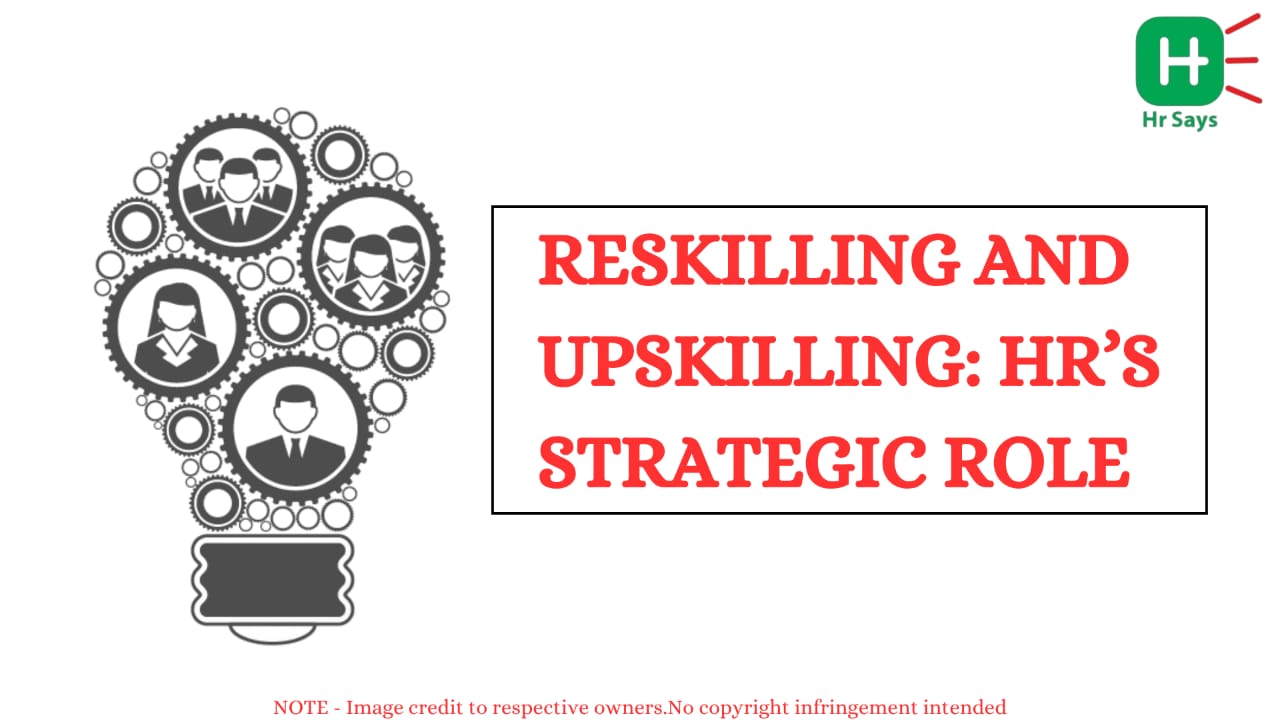
 Reskilling and upskilling empower organizations to stay competitive in a fast-changing world. By playing a strategic role, HR drives continuous learning, skill development, and future-ready growth across all levels of the workforce.
Reskilling and upskilling empower organizations to stay competitive in a fast-changing world. By playing a strategic role, HR drives continuous learning, skill development, and future-ready growth across all levels of the workforce.








.jpeg)
.jpeg)
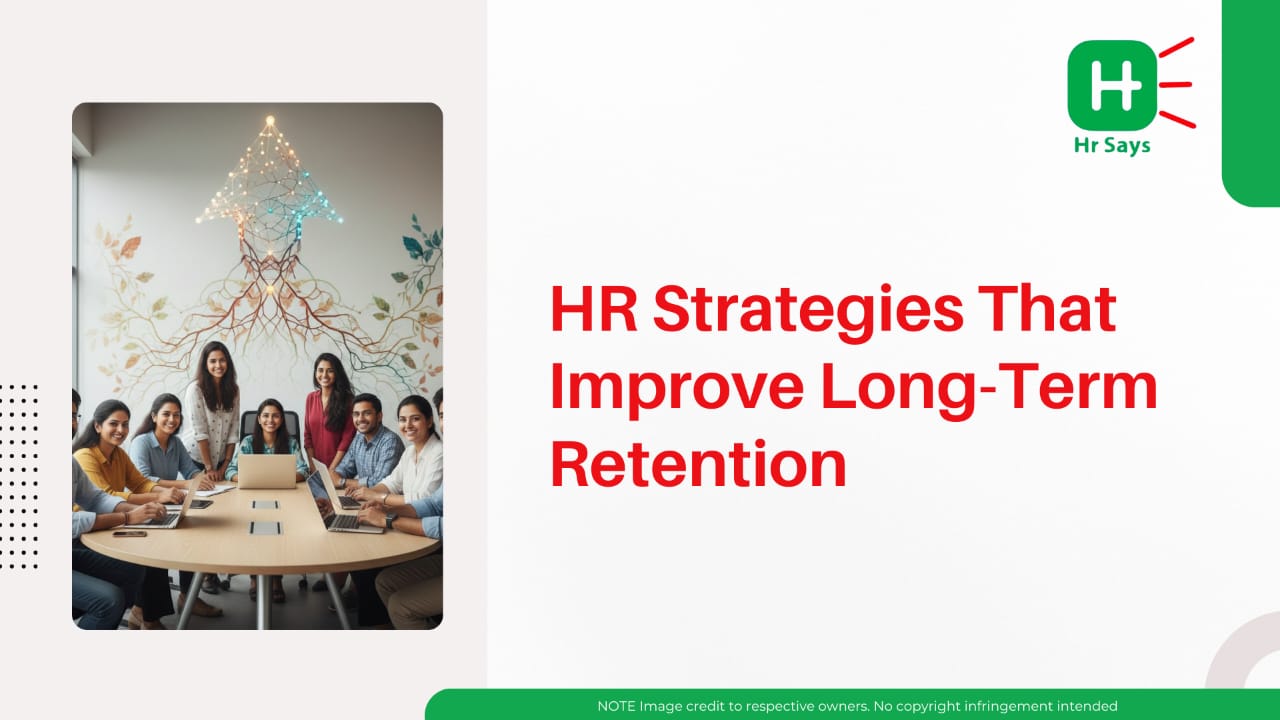
.jpeg)
.jpeg)
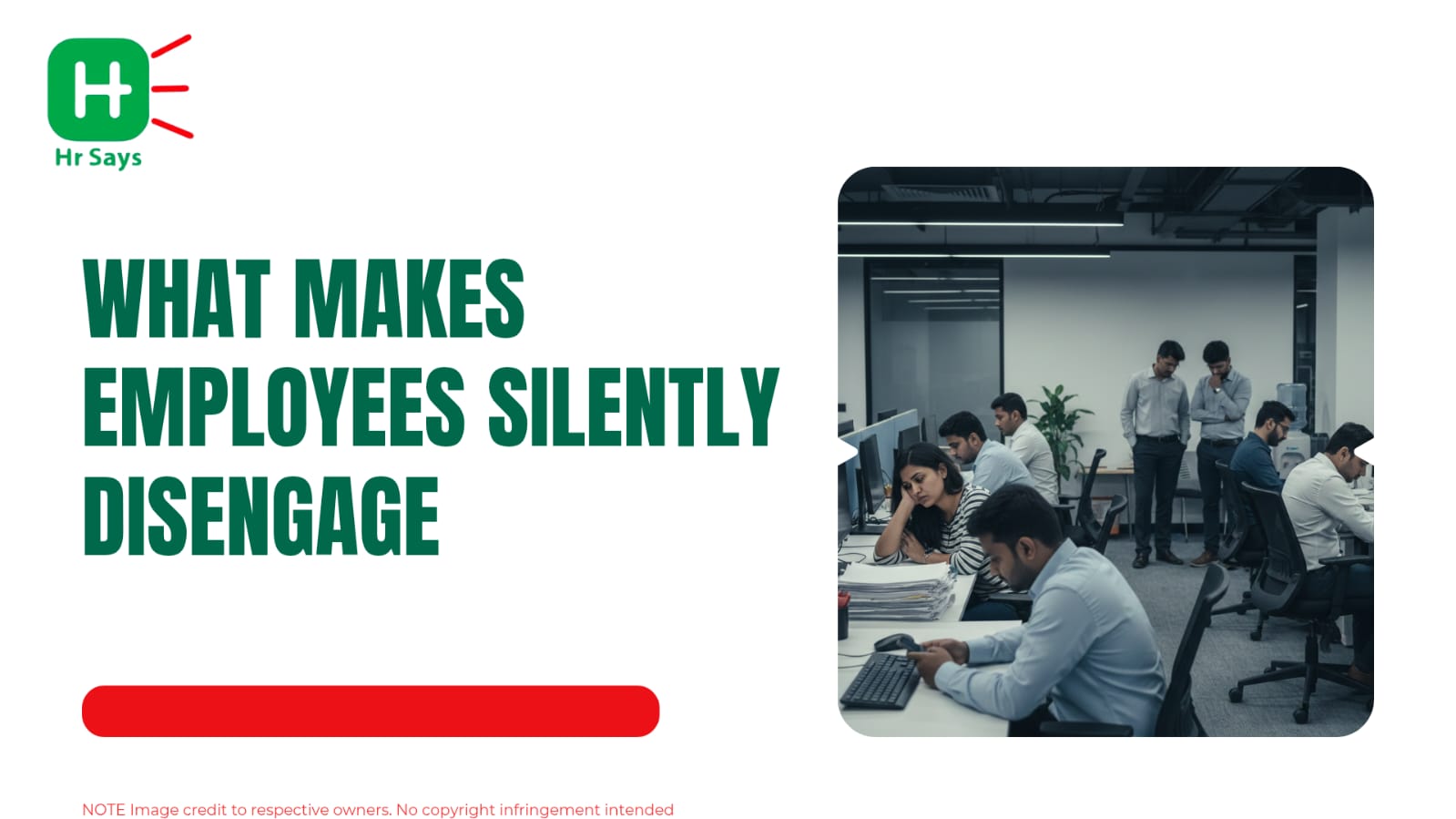
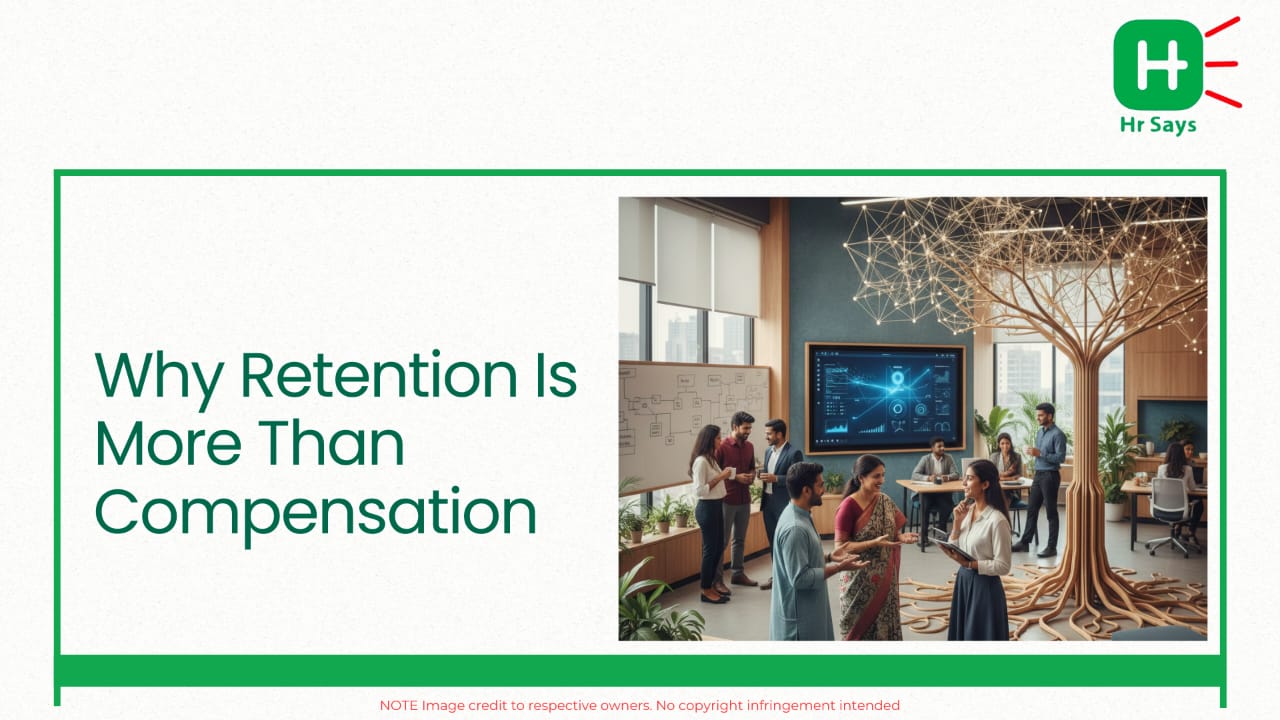
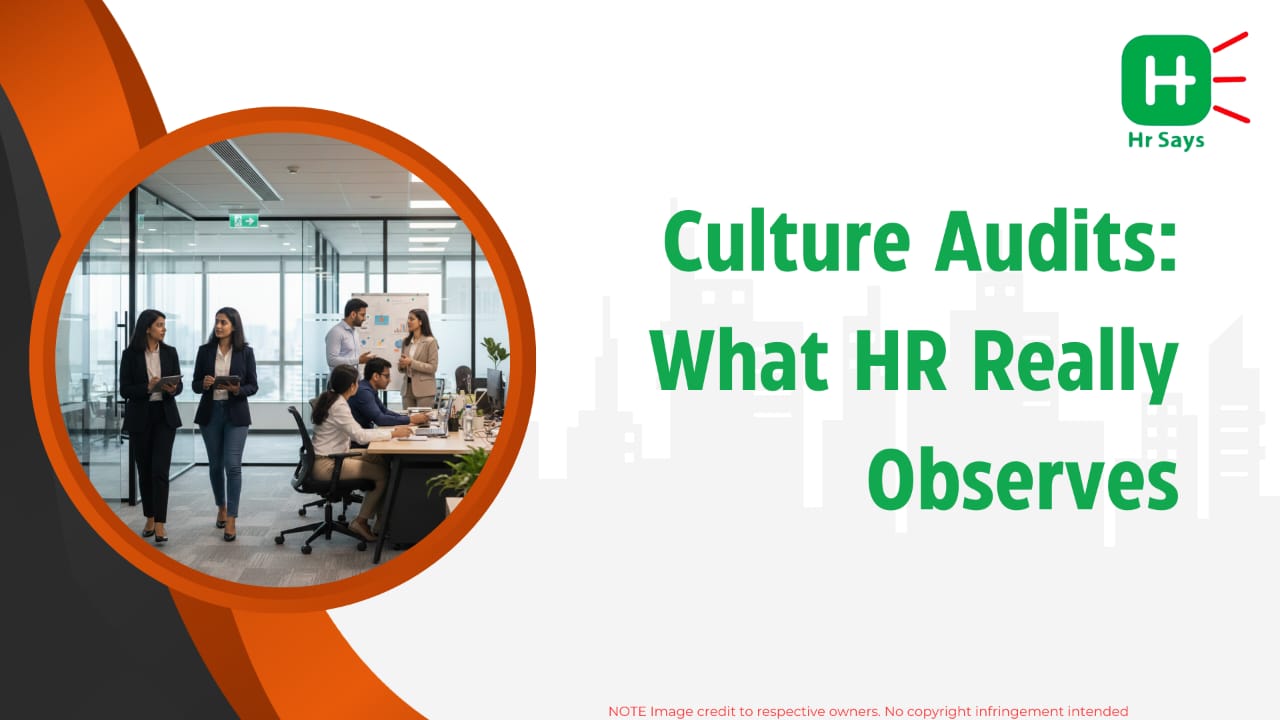
.jpeg)
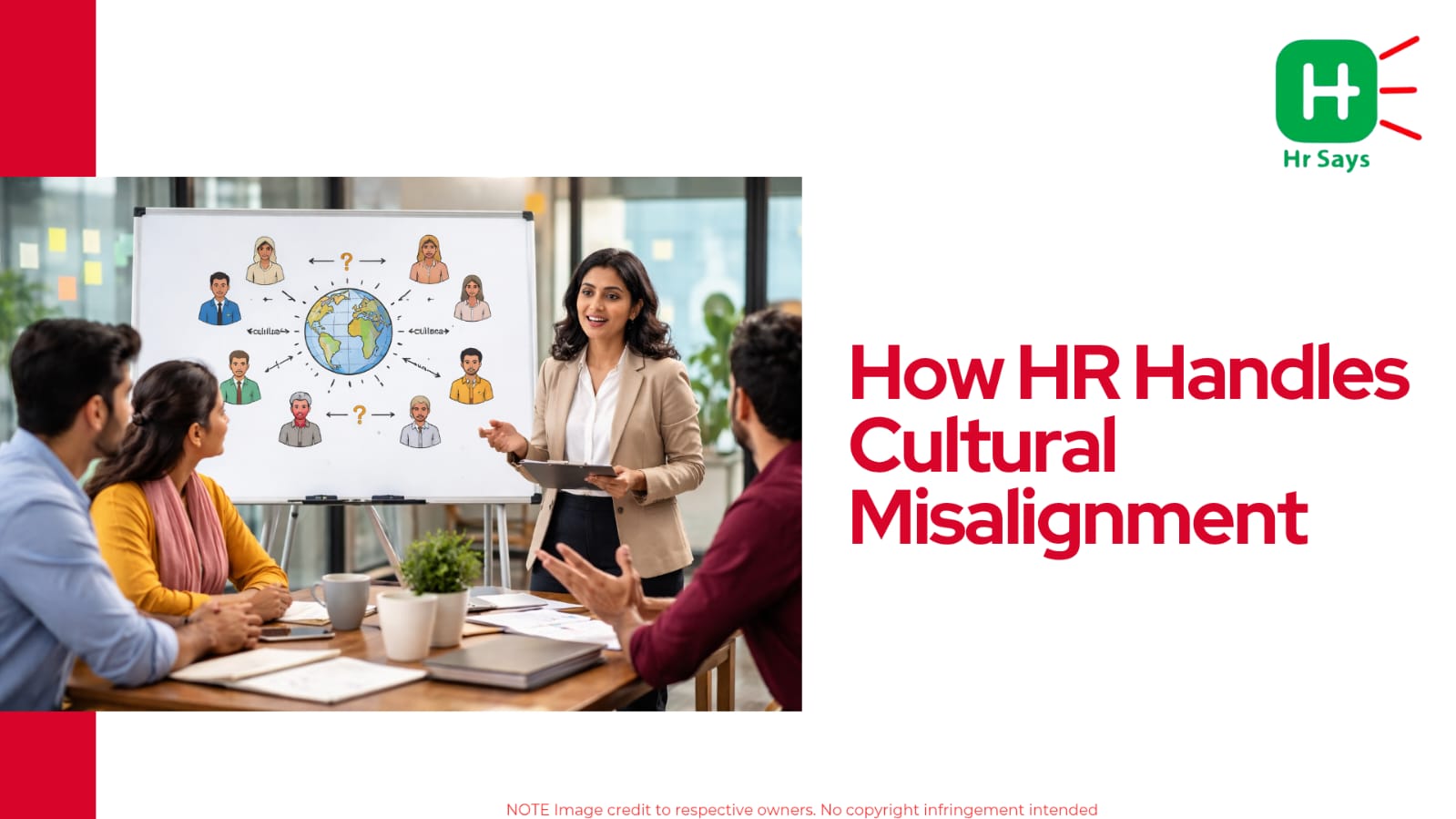
.jpeg)

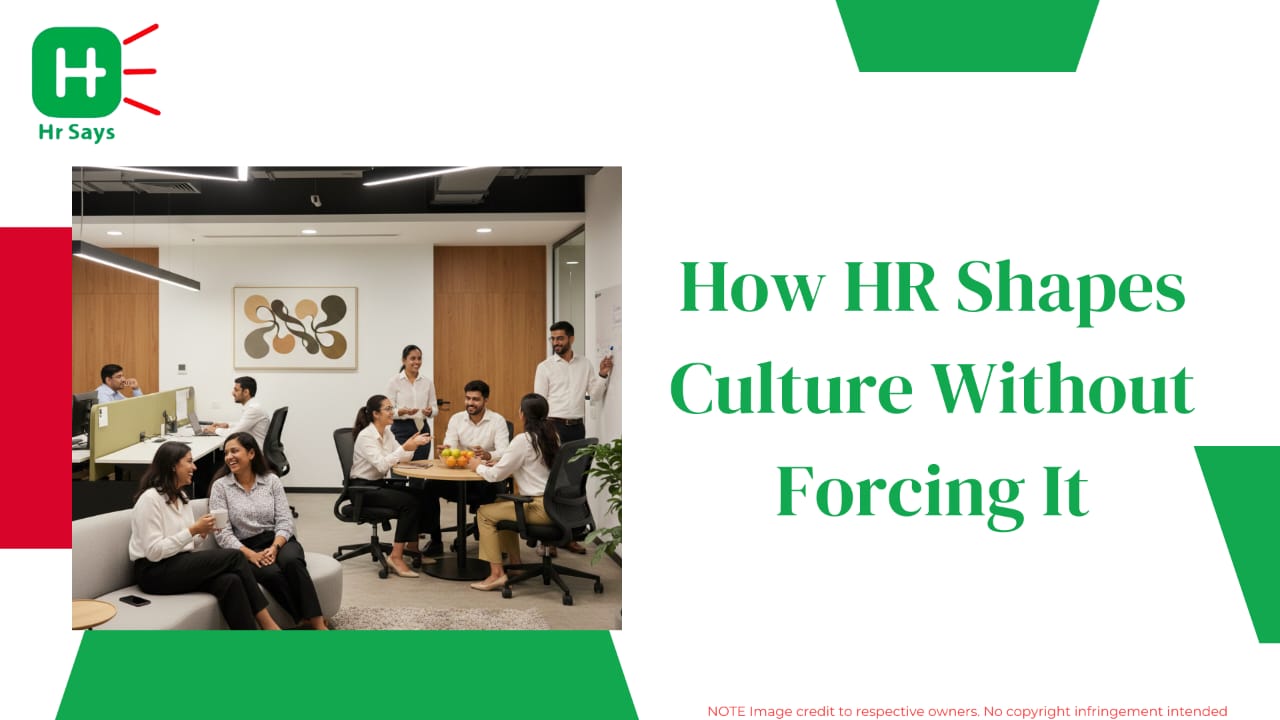
.jpeg)

.jpeg)
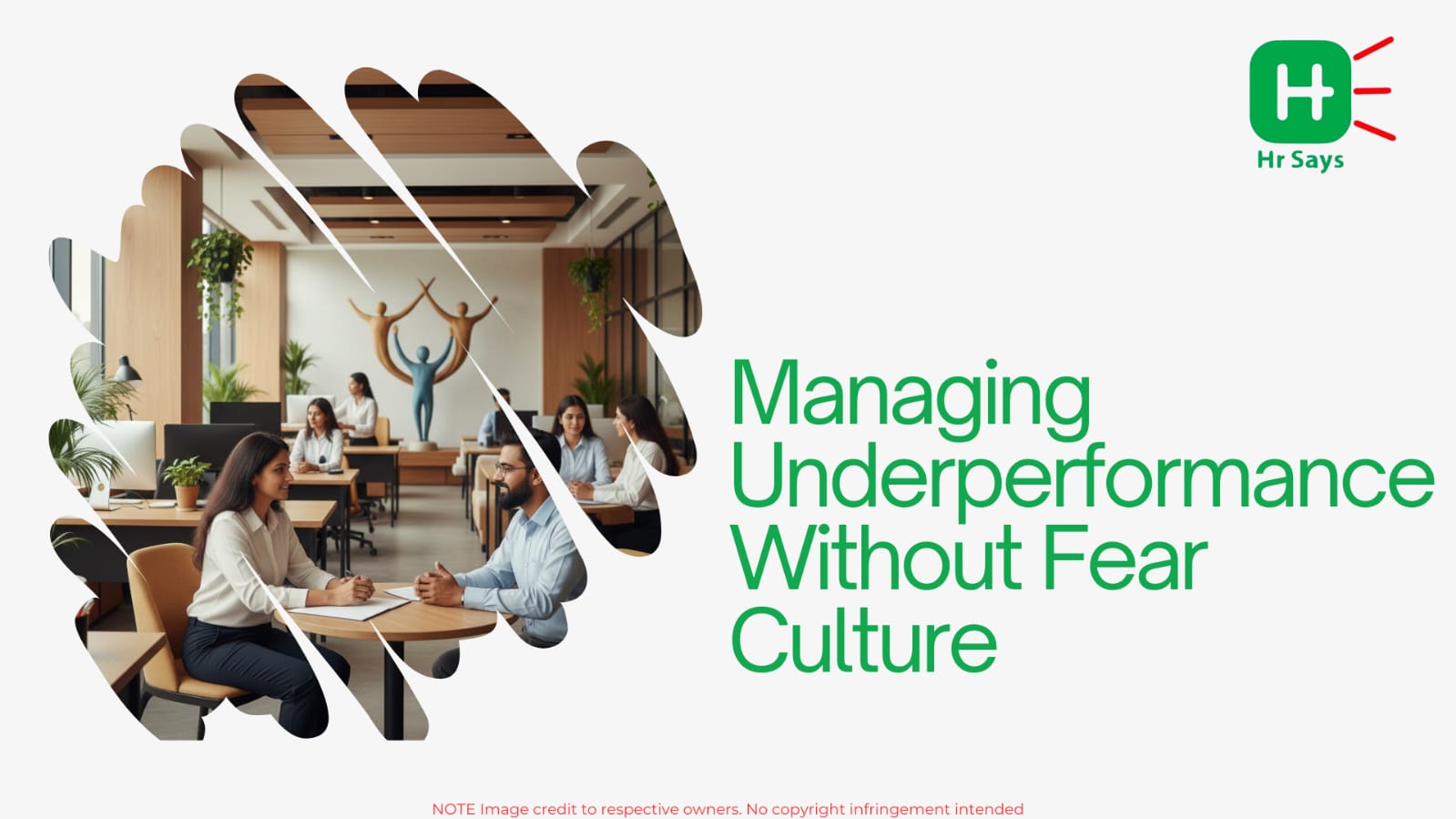
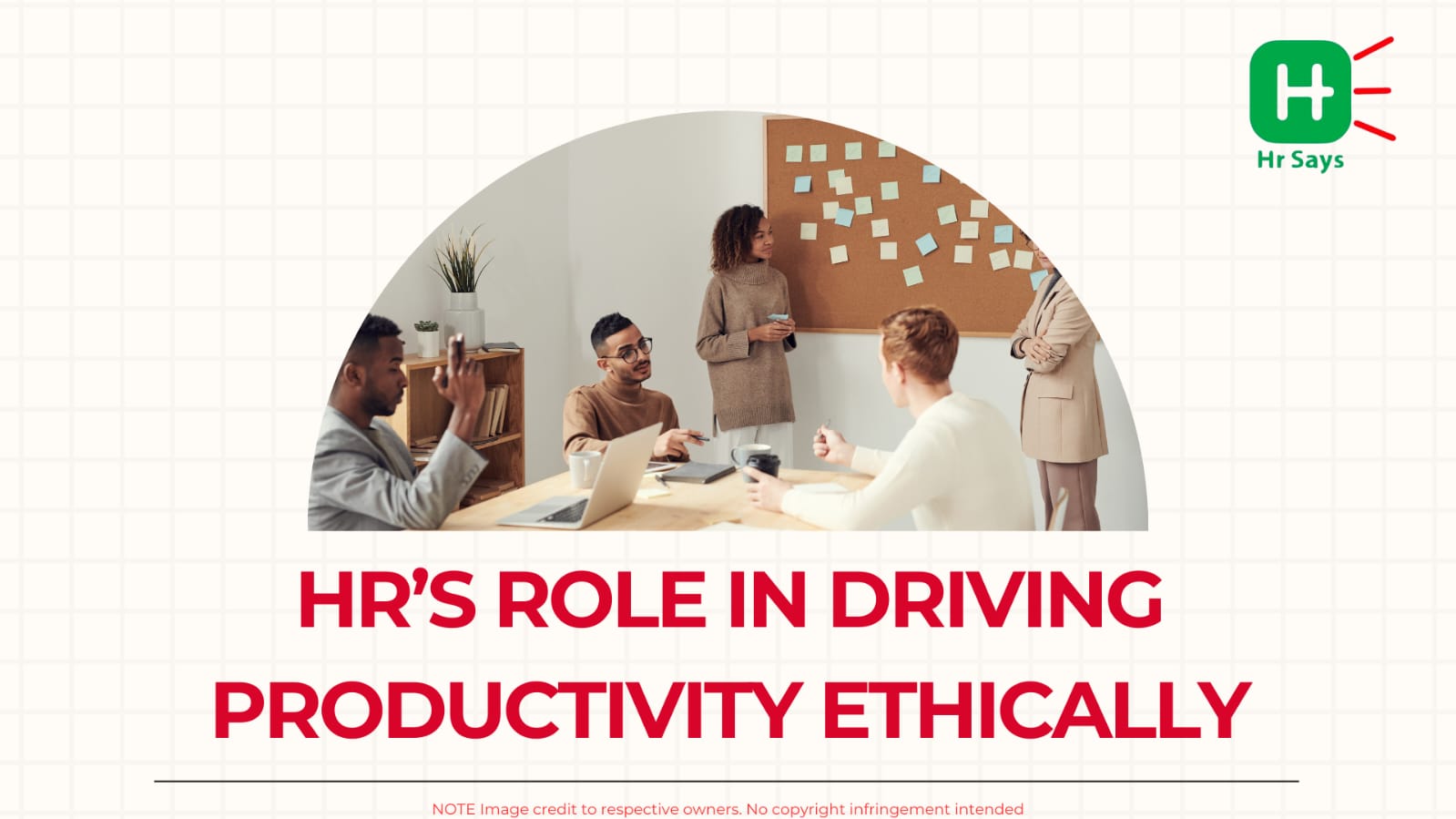
.jpeg)
.jpeg)